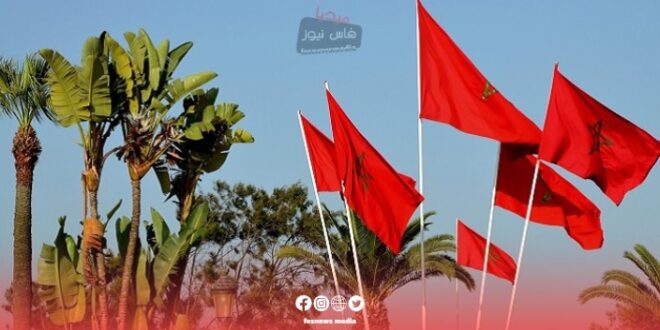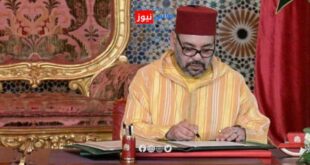Morocco continues to strengthen its business environment to attract foreign investments through a series of economic and administrative reforms aimed at improving the investment climate. The Moroccan government is keen on simplifying the processes related to establishing companies by updating commercial and administrative laws to align with international standards, making it easier for foreign investors to enter the Moroccan market. Over the years, Moroccan legislation has undergone several modifications that improve the protection of intellectual property rights and streamline tax procedures in line with global trends.
Key Measures to Attract Foreign Investments
One of the main steps Morocco has taken to encourage foreign investments is the creation of special economic zones, where investors benefit from various incentives such as tax exemptions and customs facilities. Tangier Free Zone and Casablanca Free Zone stand out as prime examples, offering a business-friendly environment with modern infrastructure suitable for expanding commercial and industrial activities.
Infrastructure Investments as a Magnet for Foreign Investments
Morocco’s investments in infrastructure are also a key factor in attracting foreign investments. The Tangier-Med port project, one of the largest ports in the Mediterranean, plays a significant role in enhancing intercontinental connectivity, making Morocco an important investment hub. Additionally, the modern road and rail networks facilitate the movement of goods and services both within the country and across borders.
Strategic Sectors Attracting Investment
Morocco is focused on supporting strategic sectors such as the automotive, aerospace, and renewable energy industries, all of which contribute to attracting foreign investments. The Noor Solar Plant project is a clear example of Morocco’s commitment to developing renewable energy, making the country an attractive destination for investors in these sectors.
Digital Transformation and E-Government
On the digital front, Morocco is placing great emphasis on digital transformation, with the development of e-government services to streamline procedures for company formation and obtaining licenses. This initiative simplifies processes and reduces the time and effort required for investors to complete their transactions, making Morocco an investor-friendly environment.
Tax Incentives and Innovation Support
As part of its investment strategy, Morocco offers several tax incentives, including reductions in corporate taxes for companies operating in specific sectors such as automotive, aerospace, and renewable energy. Moreover, Morocco encourages investment in innovative projects by providing incentives for investors in the technology and innovation sectors. Many technology hubs and incubators have been established to support start-ups and innovative ventures.
International Trade Agreements
Furthermore, Morocco seeks to enhance its international presence by signing trade agreements with economic blocs and other countries, such as the European Union, the United States, and Gulf countries. These agreements provide foreign investors with access to broad markets, further boosting Morocco’s appeal as an investment destination.
Conclusion
Thanks to these policies and reforms, Morocco remains one of the preferred investment destinations in the region. The country continues to strive towards attracting more foreign investments that contribute to strengthening its national economy and diversifying its income sources.
Source: Fes News Media
 فاس نيوز ميديا جريدة الكترونية جهوية تعنى بشؤون و أخبار جهة فاس مكناس – متجددة على مدار الساعة
فاس نيوز ميديا جريدة الكترونية جهوية تعنى بشؤون و أخبار جهة فاس مكناس – متجددة على مدار الساعة












